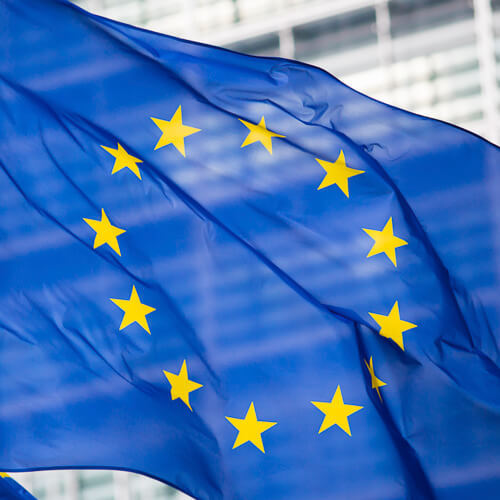UK expands horizons with route back to EU's R&D party
BT and UK Telecoms Innovation Network welcome news that the UK will join Horizon Europe and Copernicus programs as of January 1, 2024.

After months of political acrimony, it has come as welcome news to Europe's scientific research and development community that the UK will, after all, be participating in Horizon Europe, the European Union's €95.5 billion (US$102 billion) research funding program for the period from 2021–2027.
According to the UK government, Prime Minister Rishi Sunak secured a "bespoke deal" for both the Horizon Europe and Copernicus programs, with "improved financial terms for the UK's participation." Copernicus is the European Earth Observation program.
However, the UK has decided to pursue a domestic fusion energy strategy instead of associating to the EU's Euratom program.
As Brexit has taught us, the devil will no doubt be in the details, but for now, UK scientists and technology innovators can rejoice in the fact that as of Thursday, they can apply for grants and bid to take part in projects under the Horizon program.
The Stick to Science campaign noted that the UK will join Horizon Europe as of January 1, 2024. "Together, nearly 6,000 individuals and over 300 organizations have signed their support for an open, collaborative European research space," it said, although it rued the fact that a political solution has not yet been found to enable Switzerland to join the program.
The European Commission said that association to Horizon Europe "will allow researchers and organizations in the UK to participate in the program on equal terms with researchers and organizations from EU Member States. It will allow the EU and UK to deepen their relationship in research and innovation, bringing together their research communities."
Overall, it is estimated that the UK will contribute almost €2.6 billion ($2.78 billion) per year on average for its participation to both Horizon Europe and the Copernicus component of the Space program.
Telecoms to benefit from collective R&D
The UK's ability to participate in the successor program to Horizon 2020 will also have significant repercussions for the telecoms industry.
For example, BT was among a number of UK players to benefit from Horizon 2020, participating in projects including quantum timing group IQClock and quantum communications research initiative OPENQKD.
BT Group told Light Reading that it is "pleased with the agreement on the UK's association to Horizon Europe, which has been a key program for collaborative R&D in the telecoms industry. We're looking forward to continue building fruitful long-term relationships and projects with Horizon Europe's members and partners."
Nick Johnson, head of the UK Telecoms Innovation Network (UKTIN), expressed a collective sigh of relief that a deal has been reached after months of uncertainty over the UK's R&D future.
"The Horizon research programme is a vital resource for collaborating with our European partners. Telecoms is a global industry and conducting research and development across borders is crucial to the UK's long-term telecoms success. Securing funding is necessary for any business looking to innovate its services – from start-up all the way through to established organizations – so the UK's involvement in the program is a positive step forward," he said in emailed comments.
However, Johnson warned that this "only marks the start of the start of the innovation journey for a business."
"The problem for companies looking to invest in R&D is they don't always know where to go for support. Even for those active in product development and already investing in R&D, they need to know where help exists to differentiate their intellectual property – and in a way that is relevant to their business and their customers," he commented.
According to Johnson, what has been missing in the past "is a clear map of the UK ecosystem and signposting to relevant pools of talent, resources and expertise. This needs to be front and center when thinking about the future of UK telecoms innovation."
Read more about:
EuropeAbout the Author(s)
You May Also Like












